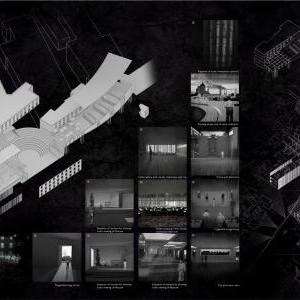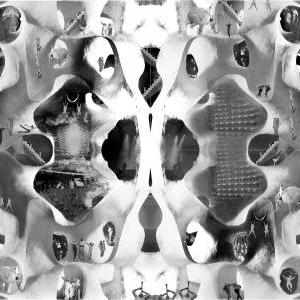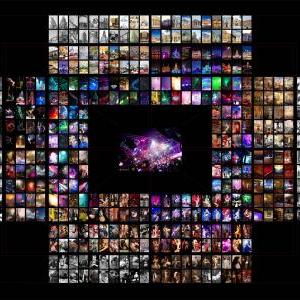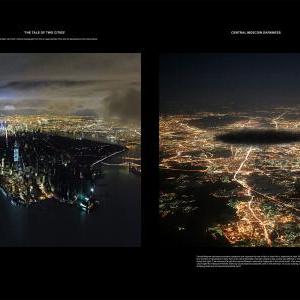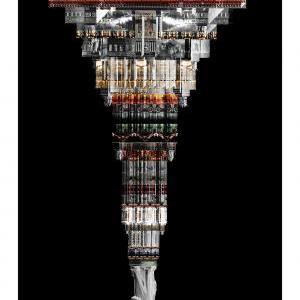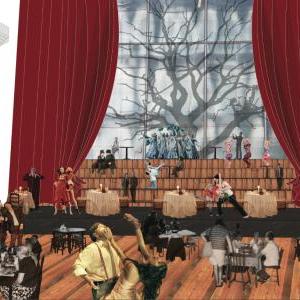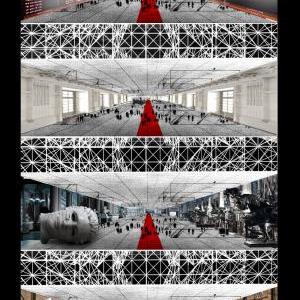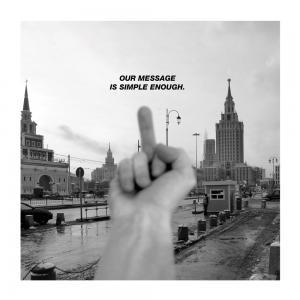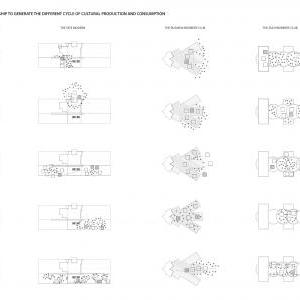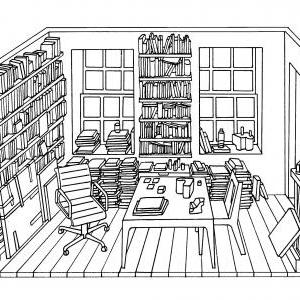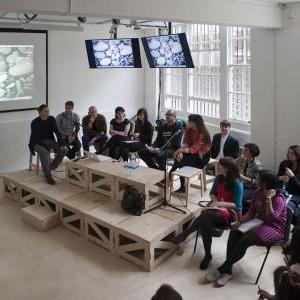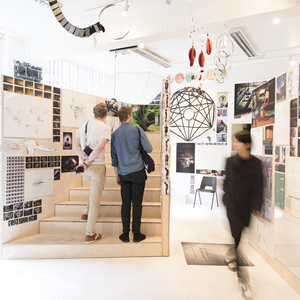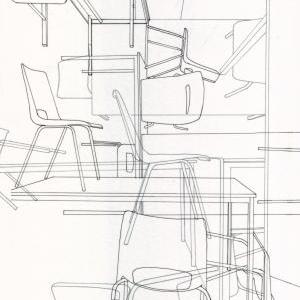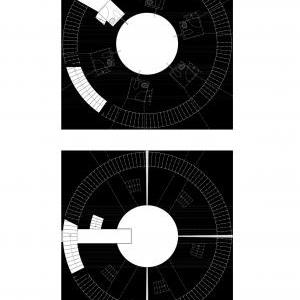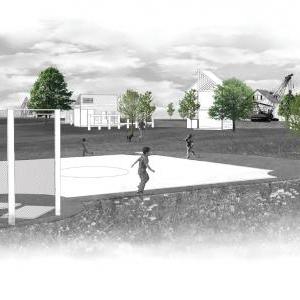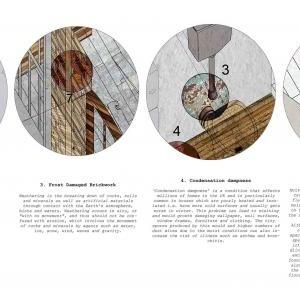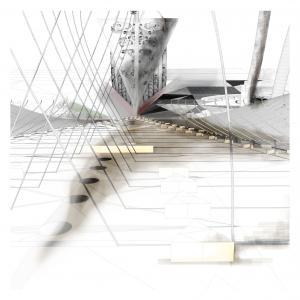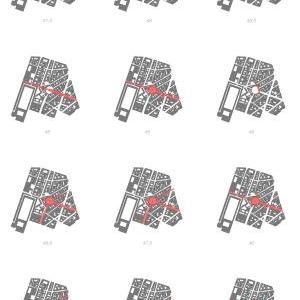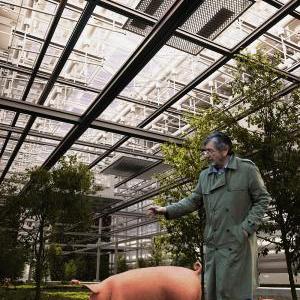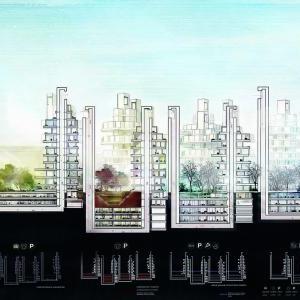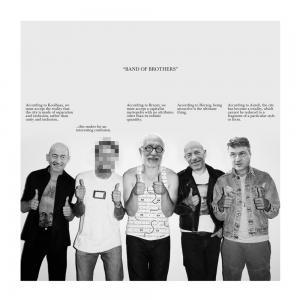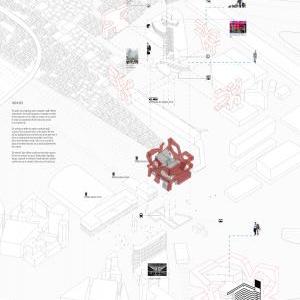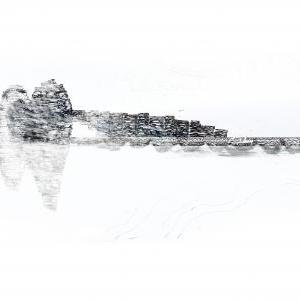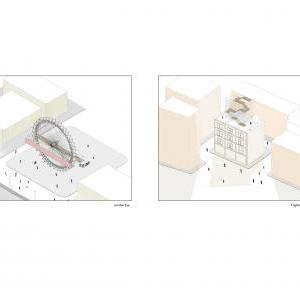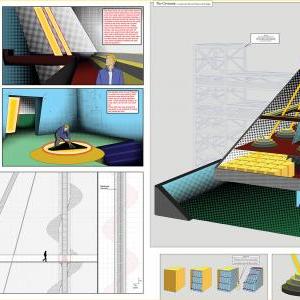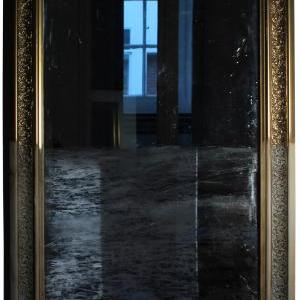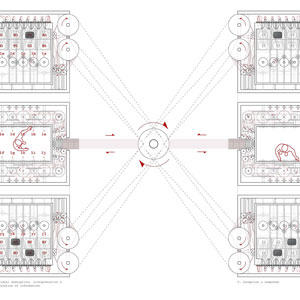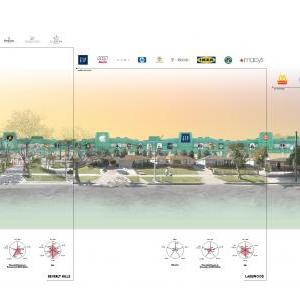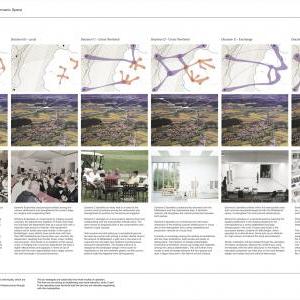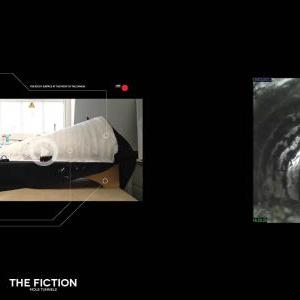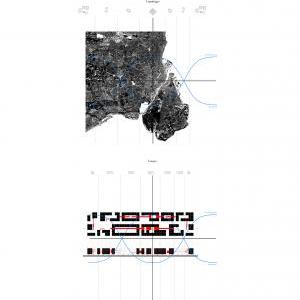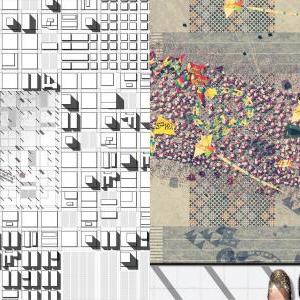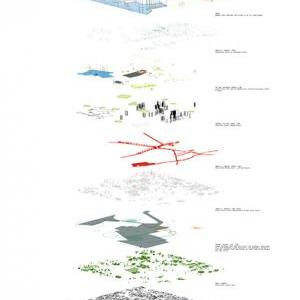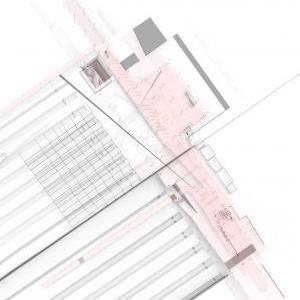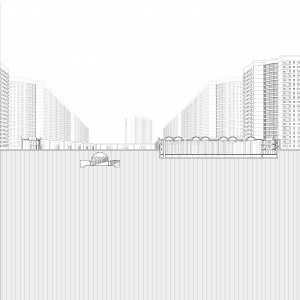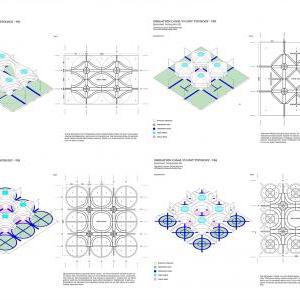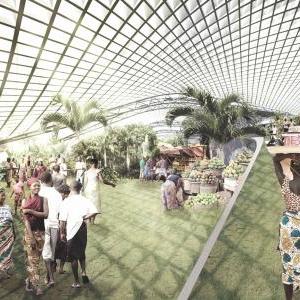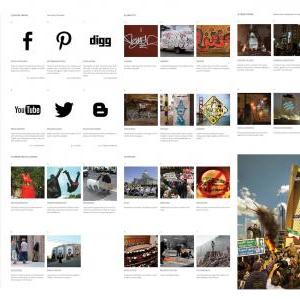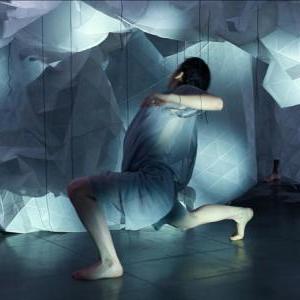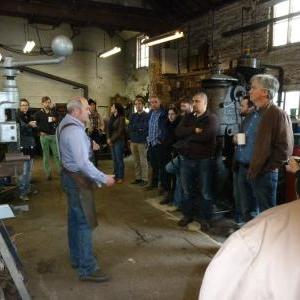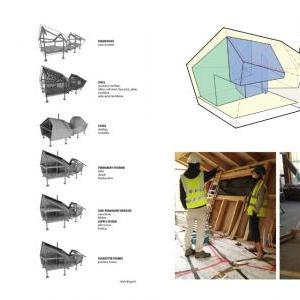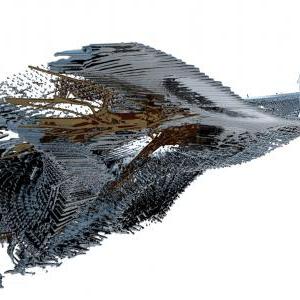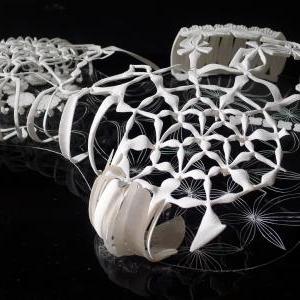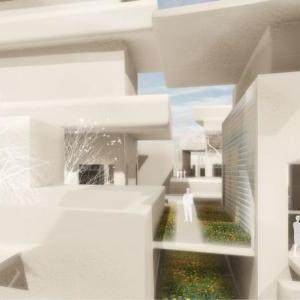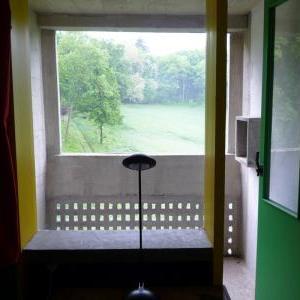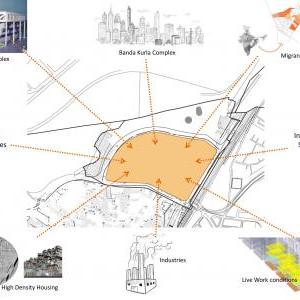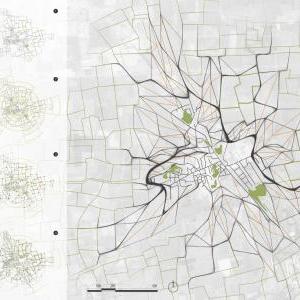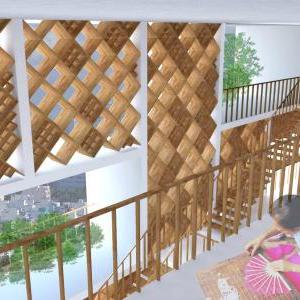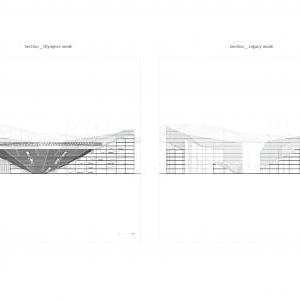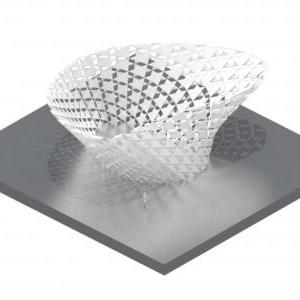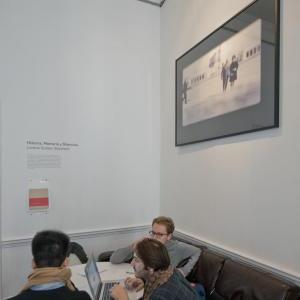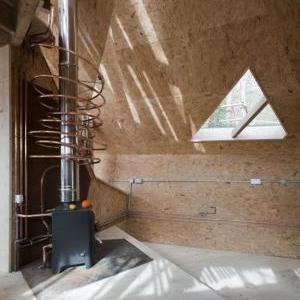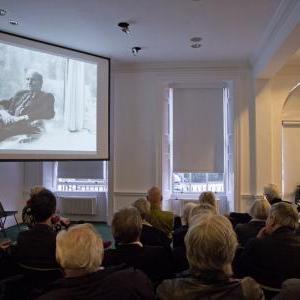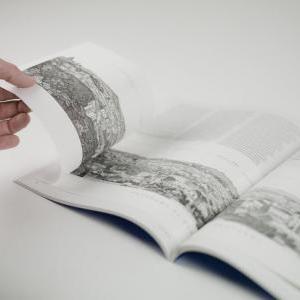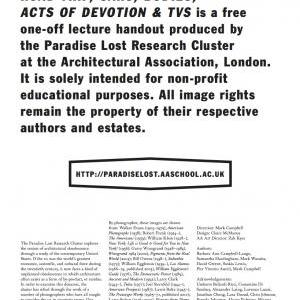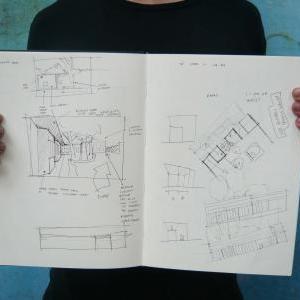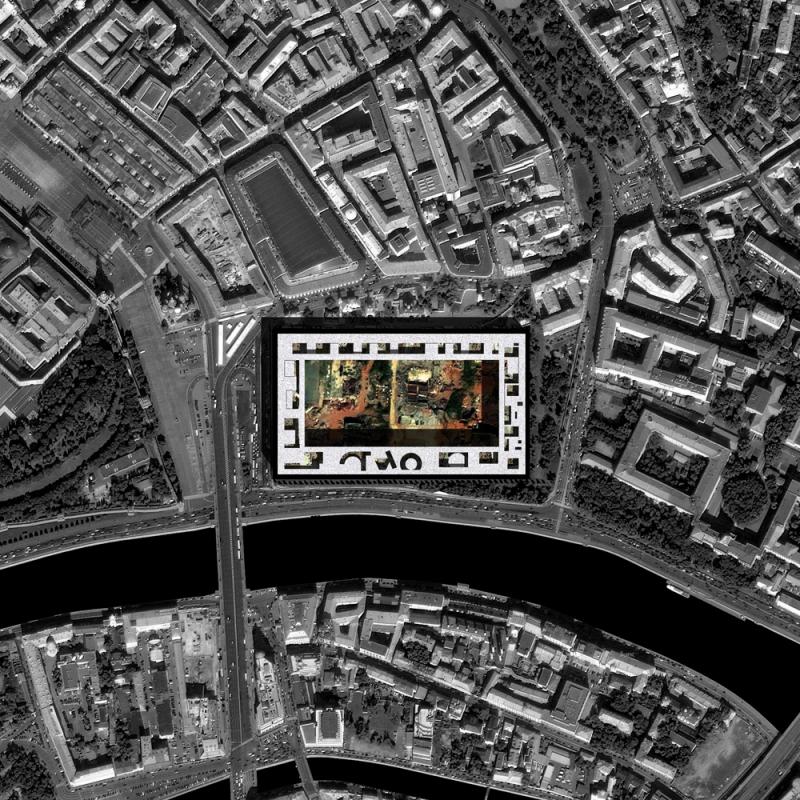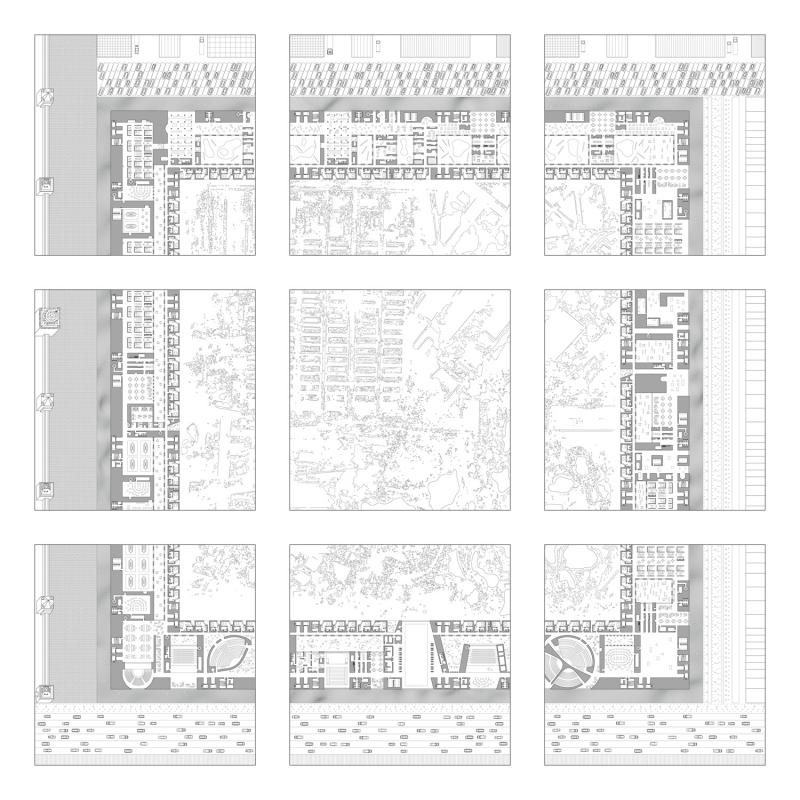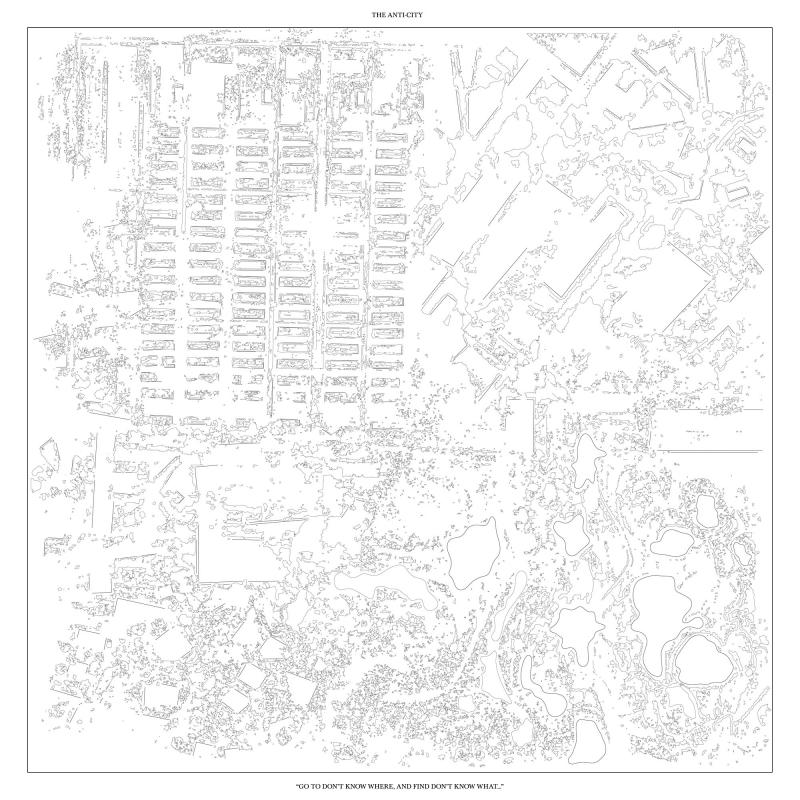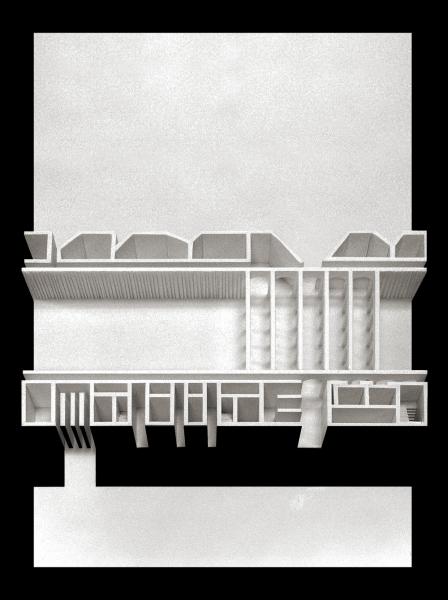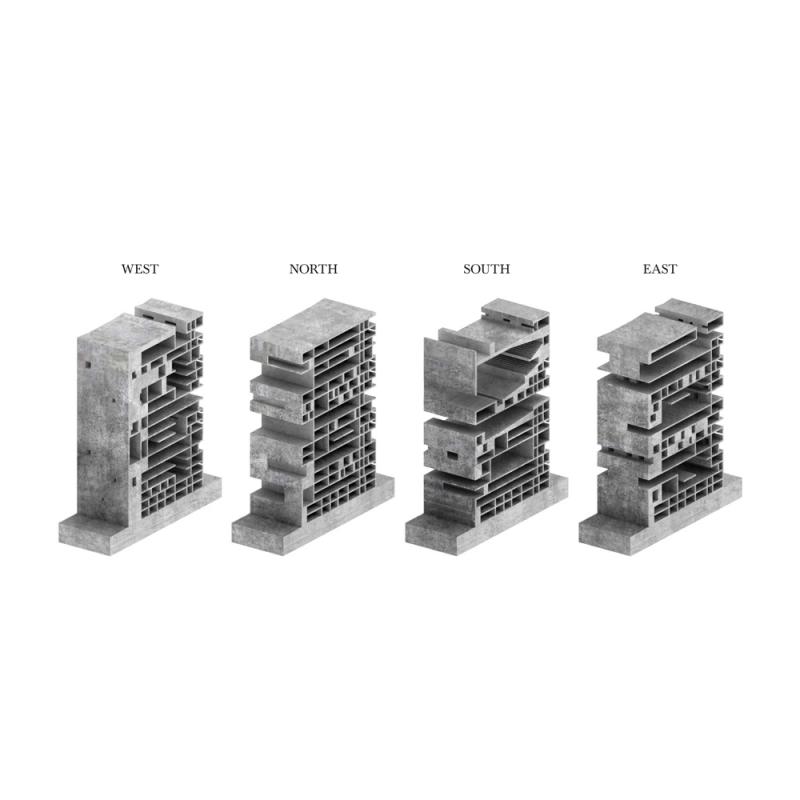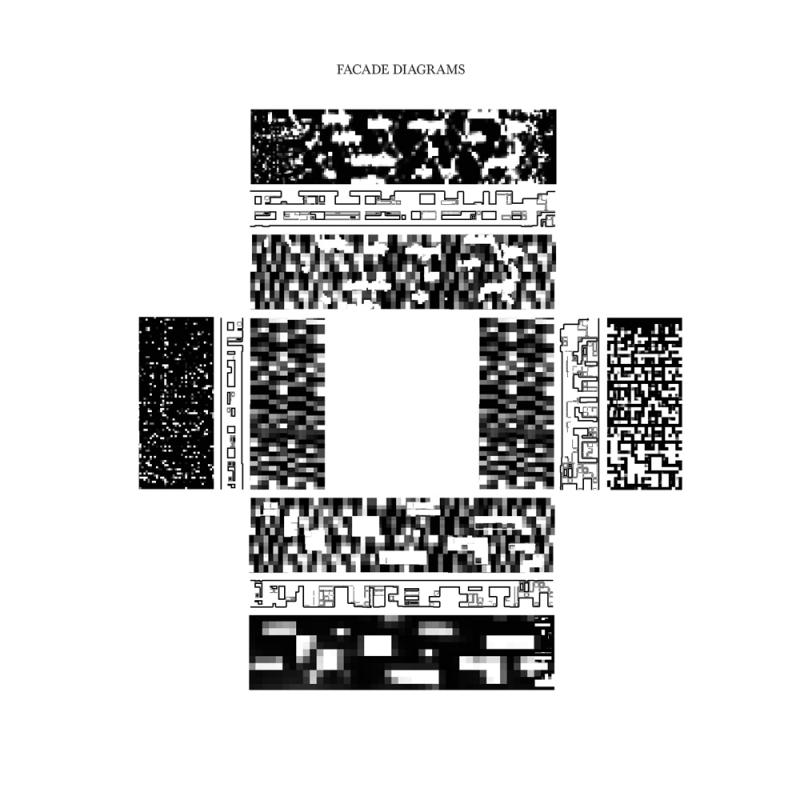Intermediate 7 develops conceptual models and diagrammatic frameworks that mediate between urban systems, architectural precedents and design approaches. We focused on visionary social machines in the context of Moscow’s nightlife in order to explore the ‘condenser club’ – the ultimate mixer and catalyst. Emphasising pragmatic research, infrastructural logic and relaxed methods, the projects delineated three areas of enquiry.
First, we examined the boundaries between the city and the ‘anti-city’. Dissident zones and decadent ‘infernos’ tantalised us with illusions of escape or entrapment. Acting as blenders and separators, nested megastructures collapsed numerous fragments and constructed trajectories along interwoven transcripts. These dystopian-realist scenarios remained aptly in-between fantastic provocations and pragmatic solutions to the city’s ills. Second, we synthesised infrastructures of flow and organisation to generate hybrid typologies.
We engineered social systems: networks and circuits loaded with programme. Conveyors of food chains, spines of art-factories and corridors of metro-labyrinths played on reversals of service and spectacle.
These decorated diagrams linked functionalist structures with intricate shapes and surfaces. Finally, we explored audience/performer relation-ships in adaptable sets. We injected dormant landmarks with dynamic mixtures of elements to facilitate mergers and crossovers. From flying-zoos and banya-bars to mood-tunnels, theatrical devices choreographed movements, framed images and staged atmospheres. As kaleidoscopic centrifuges, extravagant infrastructures and social transformers, our condensers dealt with extremes of functional intensity, material density and visual excess. Spectacular machines affected the operational appearance of the city, as captured in our diagrammatic matrices, hybrid drawings and visual scenarios.
Staff
Maria Fedorchenko
Tatiana von Preussen
Thanks to our workshop guests
João Bravo da Costa
Dirk Lellau
Jessica Reynolds
Gergely Kovacs
Ingrid Shroeder
Antoine Vaxelaire
Thanks to
Joseph Bedford
Brendon Carlin
Mark Campbell
Barbara-Ann Campbell-Lange
Monia De Marchi
Kenneth Fraser
Maria Mileeva
Kostas Grigoriadis
Eugene Han
Francesca Hughes
Sam Jacoby
Rosalie Kim
Fabrizio Matelana
Kathy O’Donnell
Damian Rogan
Nathalie Rozencwajg
Eva Sopeoglou
Brett Steele
Takero Shimazaki
Naiara Vegara
Thomas Weaver
and all other critics and guests
Martin Brandsdal
The Camp: follow the rules, and the Camp will wordlessly accept you (if you can afford it).
On many levels, this is an outrageous (and quite offensive) urban enterprise. Nevertheless, significance is exposed through its perverted desire to (deliberately and instinctively, ambiguously and absolutely) negate the supremacy of the urban territory. A project within and against Moscow, a protected city easily distinguishable from its host: offering a suspended state of total and secure leisure.
The project confronts the impervious chaos of the city through the making of autonomous architectural form. It is a demonstration, summation and anticipation of an alternative state within Moscow: a city within the city, a building as a city, a city as a building.
